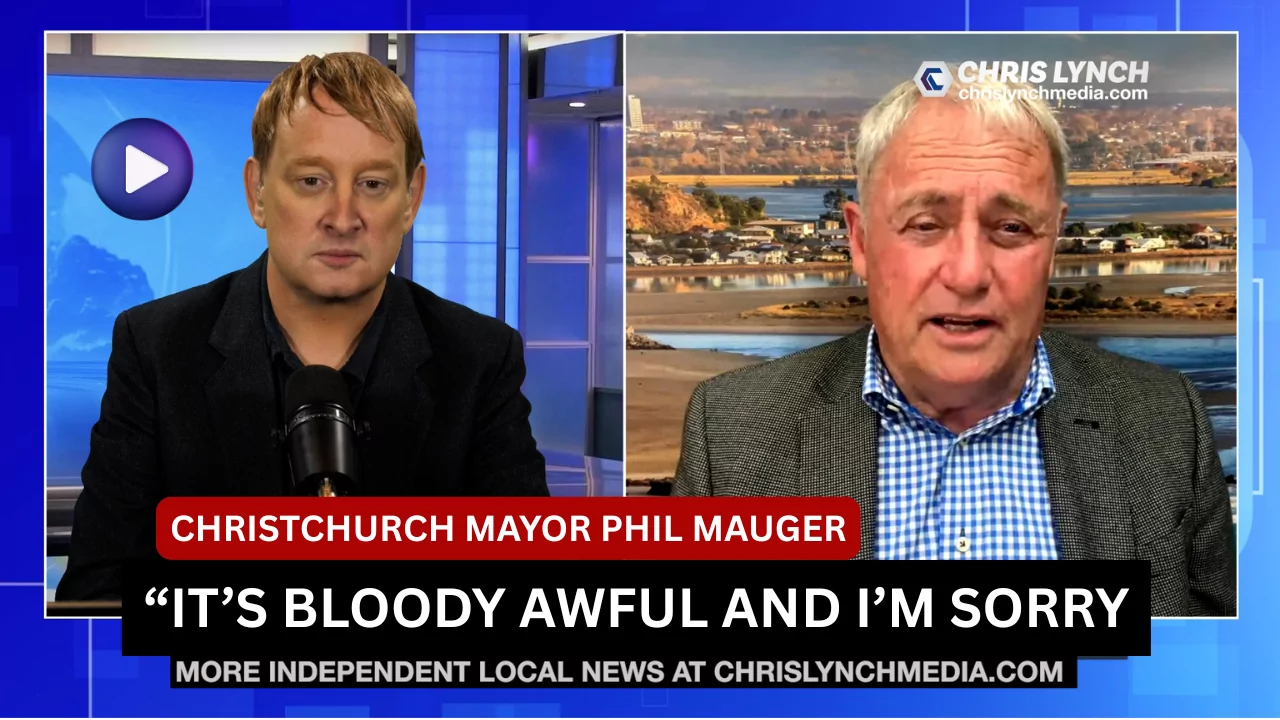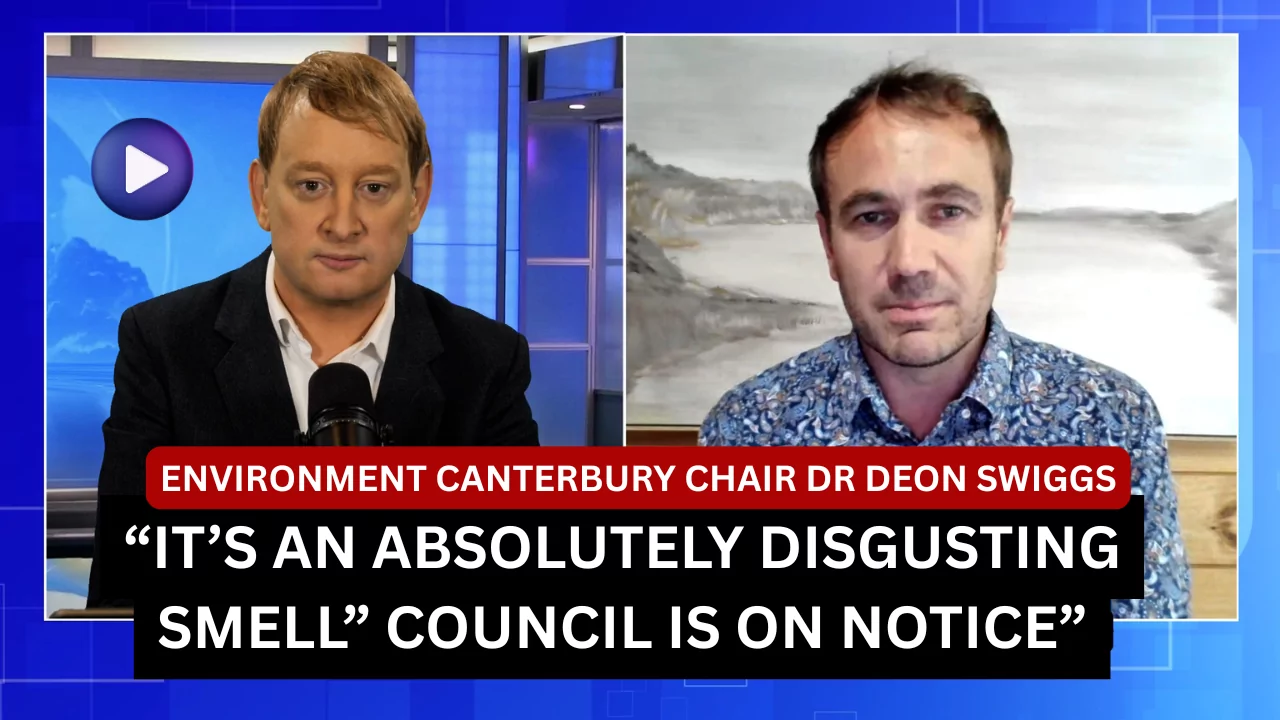Escaped youth tracked by Eagle helicopter, found hiding in New Brighton
The young person who escaped from a youth justice facility in Rolleston has been located...
British author and campaigner Helen Joyce has said New Zealand is facing “serious issues” around free speech, particularly for those expressing gender-critical views in workplaces and universities.
Speaking in an interview ahead of her appearance at the Free Speech Union’s annual conference in Christchurch, Joyce said she had been “shocked” by the number of people who had told her they were disciplined for expressing “factually correct views.”
“I’ve heard repeatedly from people who have been disciplined at work for stating very uncontentious, factually correct views that need to be stated in order to protect everybody’s rights and wellbeing,” Joyce said. “Women who simply said there are two sexes are being told they are wrong.”
She said restrictions on reporting and debate made it difficult for New Zealanders to understand legal cases and free speech disputes. “The way that we have the best chance of fixing this is by taking test cases,” she said. “In the UK, those test cases raised awareness and created a head of steam for change.”
Joyce, the author of Trans: When Ideology Meets Reality, said social media had helped spread what she described as “contagious ideas,” while activist organisations that had once campaigned for gay marriage had since shifted focus toward gender identity issues.
She said the idea that people could “self-identify” their sex had led to a clash between factual reality and ideology. “A man declares himself as a woman and suddenly that becomes a civil rights issue rather than just a factually false thing,” she said. “When one side thinks it’s righteous and the other is bigoted just for saying the truth, we’ve turned civil discussion into a matter of bigotry and Nazism.”
Joyce said she supported the right of individuals to live as they choose but drew a line when it affected women’s rights. “Society has to be honest about people’s sex in quite a lot of situations,” she said. “Single-sex spaces, sports, medicine, child safeguarding—these all require clarity.”
She criticised what she called “virtue signalling” in media and pop culture, referring to magazines naming men as “women of the year.” “It’s a way of saying up yours to women who are trying to stand up for women’s rights,” she said. “It’s showing off.”
Joyce said she believed the United Kingdom was beginning to turn a corner after key legal rulings reaffirmed biological reality in law and gender medicine. But she warned that progress elsewhere would take effort. “It’s not going to just flow out naturally,” she said. “You’ve got to do the work. You’ve got to reestablish your fundamental rights.”
She said identity politics had become “narcissistic,” turning people into “bundles of characteristics” rather than individuals. “We’ve gone from letting people be honest about themselves to boxing them into labels,” she said.
Joyce also criticised employers who discipline staff for expressing biological facts, citing examples from New Zealand talkback radio and academia. “If you can’t speak freely about important true things at work, you don’t have rights,” she said. “People here can’t do it safely.”
She said human resources departments had embraced gender ideology because it gave them “power.” “Every person who works in HR seems to be on a power trip,” she said. “It’s dangerous.”
Asked about pronouns in email signatures, Joyce said many people did not realise it was a “faith declaration.” “It’s saying that whether people are men or women is something they must tell you,” she said. “It’s a declaration of a bizarre neo-religion.”
On recent media language referring to “pregnant people,” she said the phrasing was “dehumanising.” “We don’t call men ‘ejaculating people’ or ‘prostate havers’,” she said. “We only do it to women, and that’s very interesting.”
Joyce said she had no interest in silencing others but warned that labels like “transphobe” were being weaponised to shut down debate. “If a woman is a transphobe for saying that men can’t be women, then most people are,” she said. “They’ve made the word meaningless.”
Her message to New Zealanders was clear: protect free speech at work first. “Authoritarian regimes start by threatening people’s ability to earn a living,” she said. “If people cannot speak freely and politely about necessary truths at work, they won’t do it anywhere. That’s where the fight begins.”


